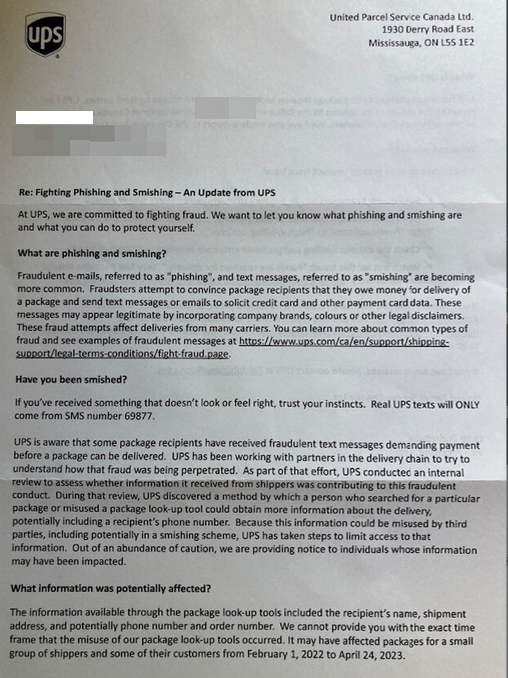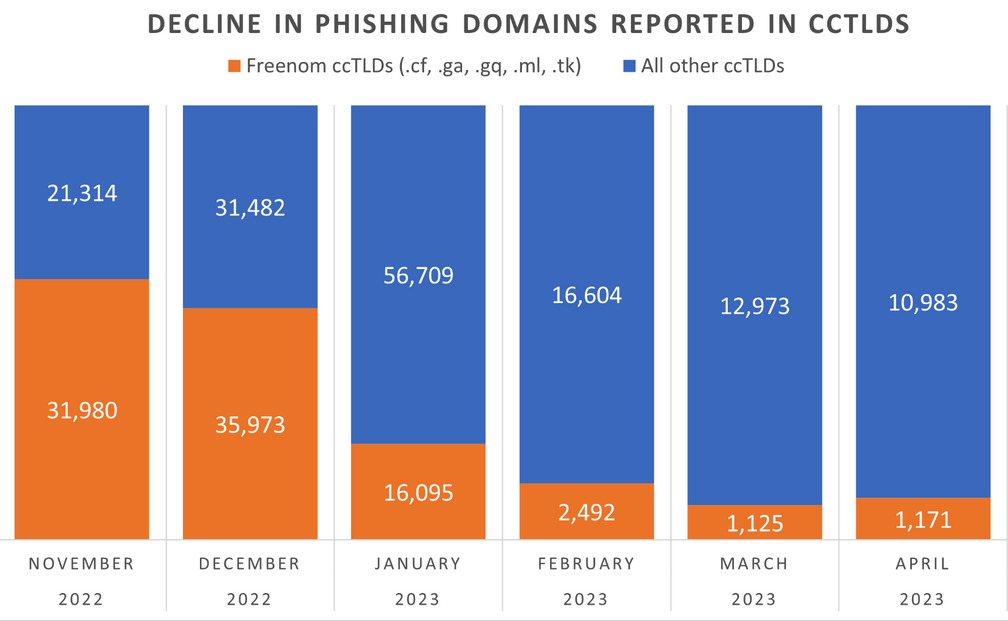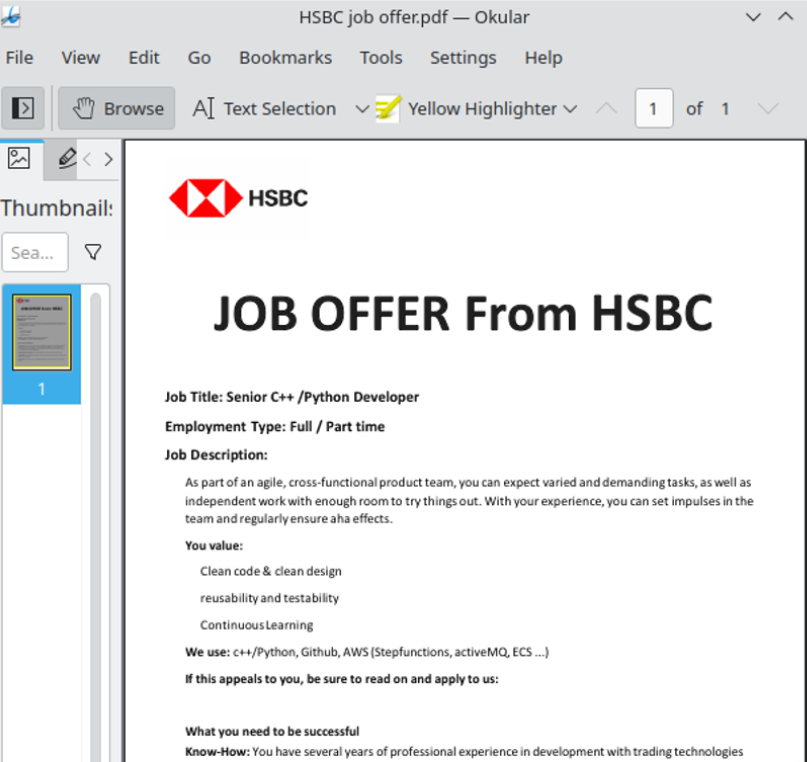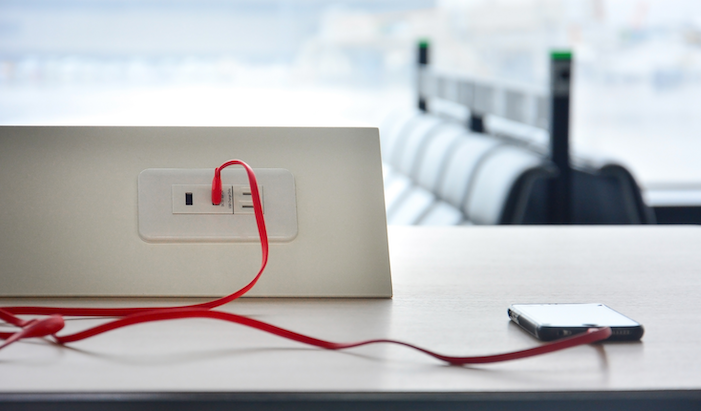Who’s Behind the DomainNetworks Snail Mail Scam?
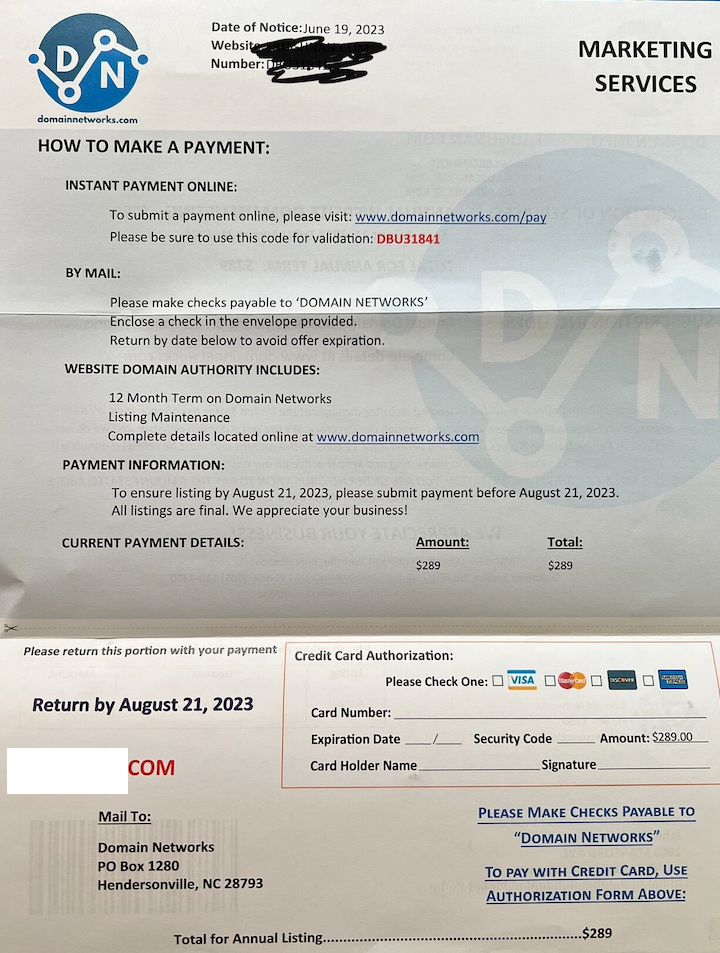
Credit to Author: BrianKrebs| Date: Mon, 03 Jul 2023 14:56:35 +0000
If you’ve ever owned a domain name, the chances are good that at some point you’ve received a snail mail letter which appears to be a bill for a domain or website-related services. In reality, these misleading missives try to trick people into paying for useless services they never ordered, don’t need, and probably will never receive. Here’s a look at the most recent incarnation of this scam — DomainNetworks — and some clues about who may be behind it.
Read more